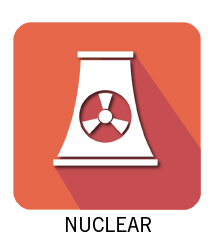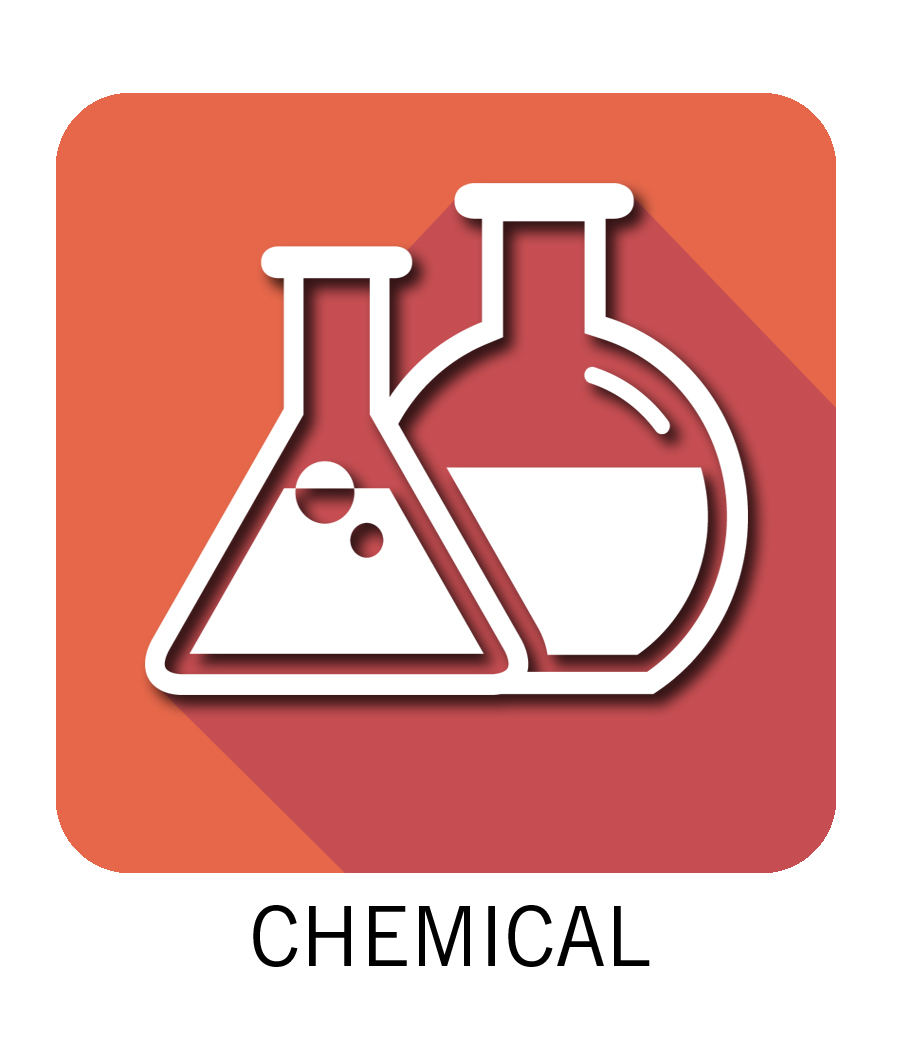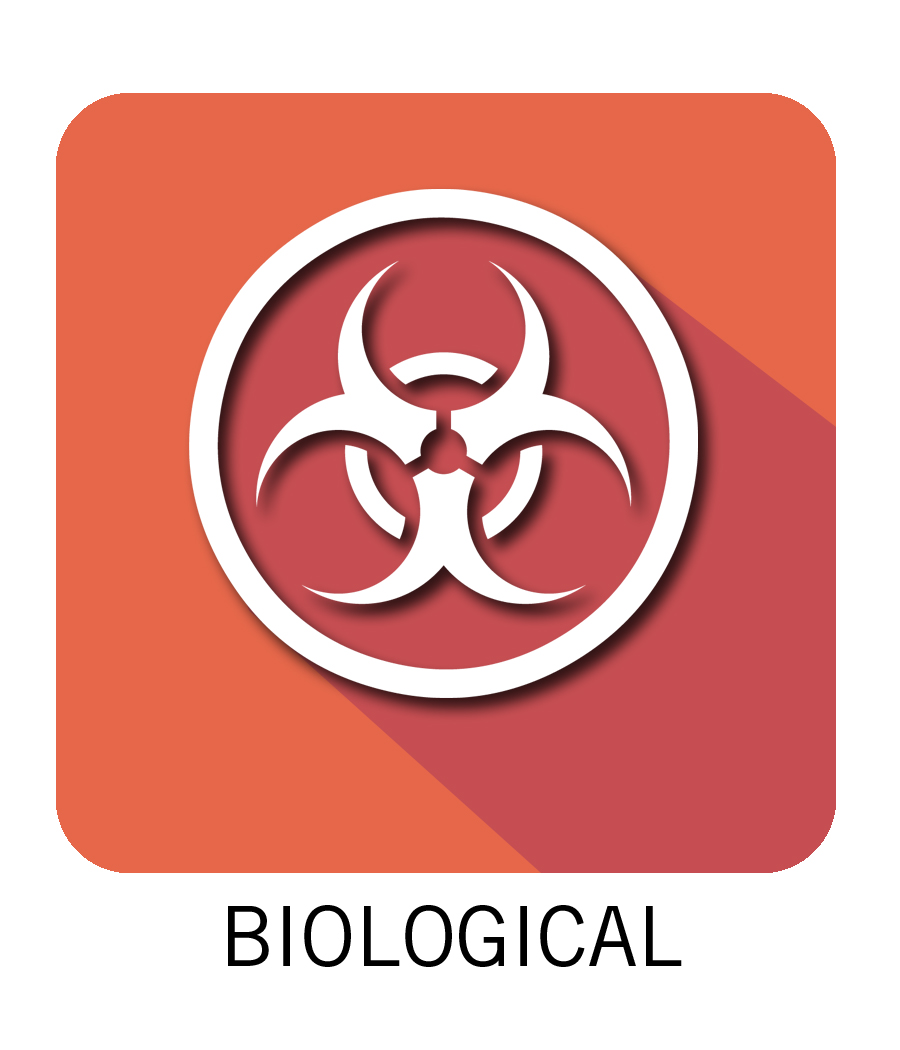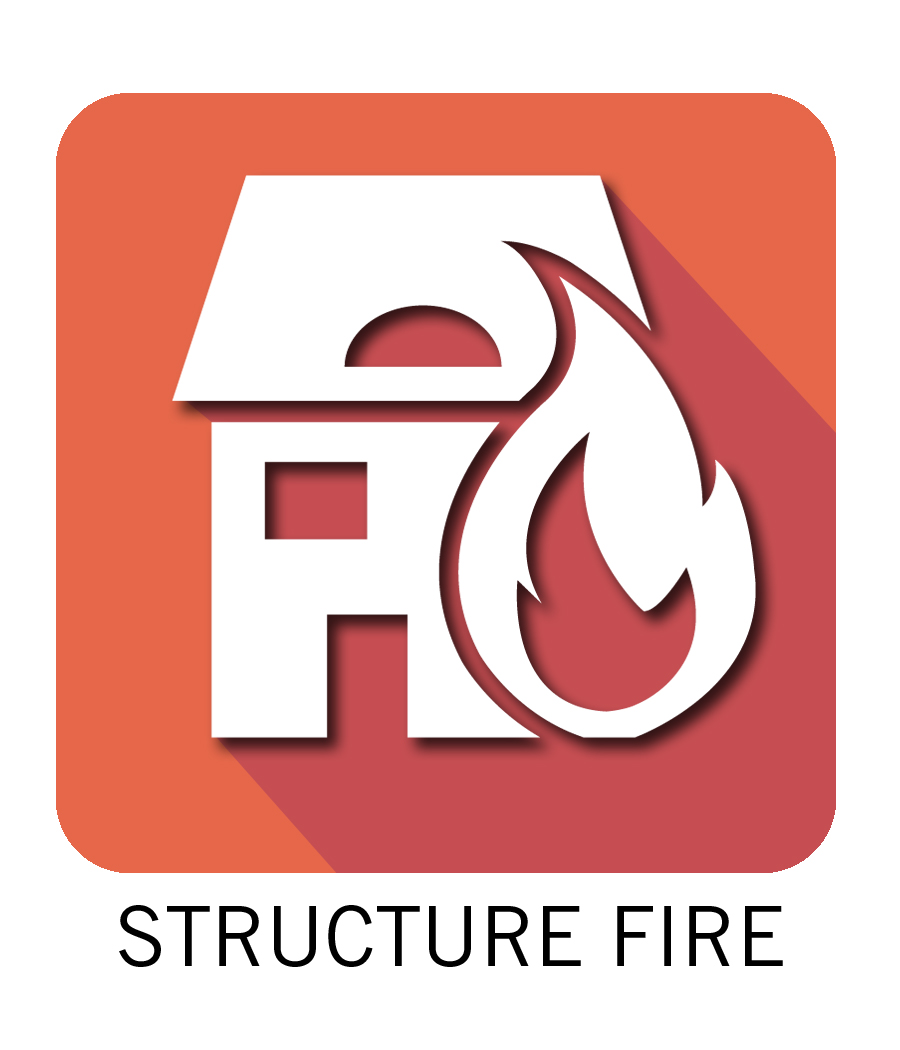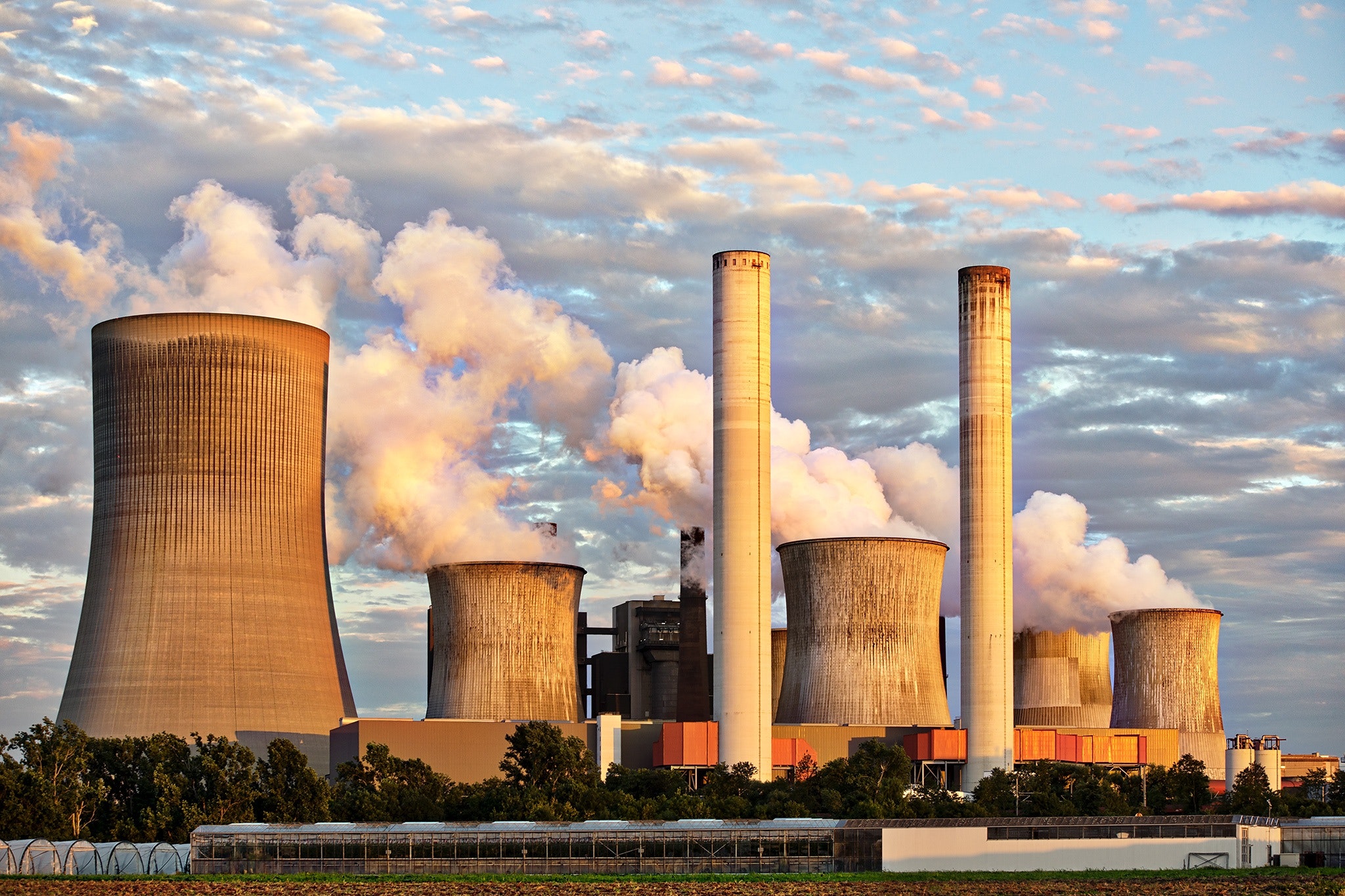
Nuclear
Nuclear Blast
A nuclear blast is an explosion with intense light and heat, a damaging wave of radioactive material that can contaminate the air, water, and ground surfaces for miles around.
Taking shelter during a nuclear blast is absolutely necessary. There are two kinds of shelters – blast and fallout.
- Blast shelters are specifically constructed to offer some protection against blast pressure, initial radiation, heat and fire. But even a blast shelter cannot withstand a direct hit from a nuclear explosion.
- Fallout shelters do not need to be specially constructed for protecting against fallout. They can be any protected space, provided that the walls and roof are thick and dense enough to absorb the radiation given off by fallout particles.
Nuclear Blast Preparation
- Stockpile 3 days of non-perishable food.
- Stockpile 3 days of water (3 gallons for each person).
- Develop a family contact plan (how to get in touch via phone, internet or other method).
- Stockpiling antibiotics is NOT recommended.
- Purchasing potassium iodide tablets, a Geiger Counter or a gas mask is NOT recommended.
Attack Warning Issued
- Take cover quickly, if possible below ground, and stay there until instructed to do otherwise.
- Listen for official information and follow instructions.
- If you are caught outside, and unable to get inside immediately:
- Do not look at the flash or fireball – it can blind you
- Take cover behind anything that might offer protection
- Lie flat on the ground and cover your head. If the explosion is some distance away it could take 30 seconds or more for the blast wave to hit.
- Take shelter as soon as you can even if you are many miles from ground zero where the attack occurred – radioactive fallout can be carried by the winds for hundreds of miles.
- Remember the three protective factors: distance, shielding and time
Post-Attack
- Follow the instructions of emergency personnel.
- Leave the area by foot; do NOT use public transportation to avoid contaminating vehicles.
- Stay away from damaged areas, remember that radiation cannot be seen, smelled, or otherwise detected by human senses.
- Do NOT lick or touch your lips, eat, drink, or smoke until experts have decontaminated you.
- Do NOT immediately rush to the emergency room.
Dirty Bomb Preparation
- Stockpile 3 days of non-perishable food.
- Stockpile 3 days of water (3 gallons for each person).
- Develop a family contact plan (how to get in touch via phone, internet or other method)
- Stockpiling antibiotics is NOT recommended
- Purchasing potassium iodide tablets, a Geiger Counter or a gas mask is NOT recommended.
Post-Attack
- You have time – the amount of radiation from a dirty bomb is unlikely to give you radiation sickness or cancer.
- Follow the instructions of emergency personnel.
- Leave the area by foot; do NOT use public transportation to avoid contaminating vehicles.
- Do NOT lick or touch your lips, eat, drink, or smoke until experts have decontaminated you.
- Do NOT immediately rush to the emergency room.
FAQs
Q: What is a “dirty bomb?”
A: A “dirty “bomb” is a conventional explosive such as dynamite, packaged with radioactive material that scatters when the bomb goes off. (The radioactive material would likely be material stolen from hospitals, nuclear power plants, or other industrial sites. It is not the same as an atomic bomb.) Most “dirty bomb” casualties will be from the initial blast of the conventional explosive. The radioactive material that is scattered as a result of the explosion causes the “dirty” part. The TNT in such a bomb may be more dangerous than the radioactive material. Its destructive power would depend on the size of the conventional bomb and the amount of the nuclear material used.
Q: What is radiation?
A: Radiation is a form of energy that is present all around us. Different types of radiation exist, some of which have more energy than others, and some of which cause more harm to people than others. The dose of radiation that a person receives is measured in units called rem. For example, the average person gets about 1/3 of a rem from natural exposure during a year and approximately 1/100th of a rem from one chest x-ray. Radiation comes from man-made sources such as x-ray machines, from the sun and outer space, and from some radioactive materials such as uranium in the soil.
Q: Will a “dirty bomb” make me sick?
A: The effects can vary, depending on what type of radioactive material is used and on how much material is scattered. Although a “dirty bomb” could cause serious injuries from an explosion, it most likely would not have enough radioactive material in a form that would cause serious radiation sickness among large numbers of people. Just because people are near a radioactive source for a short time or get a small amount of radioactive material on them does not mean that they will get radiation sickness or cancer. However, radioactive material is much more dangerous if it gets inside your body by eating or drinking, breathing or through an open wound than if it remains outside. If you come in contact with radioactive material from a “dirty bomb,” take the following precautions: Do not eat, drink, or smoke, do not lick your lips, and do not touch your hand to your face or to an open wound until you have left the contaminated area and have been properly decontaminated by experts.
Q: What types of terrorists events might involve radiation?
A: Terroristic events may include introducing radioactive material into food or the water supply (powdered or liquid radioactive material can be spread without using explosives), using explosives (like Dynamite) to scatter radioactive materials (called a “dirty bomb”), bombing or destroying a nuclear facility, or exploding a small nuclear device. Although introducing radioactive material into food or the water supply would cause great concern, it probably would not cause much contamination or increase the danger of adverse health effects.
Q: What are the signs of a radiation attack?
A: There will be signs of an explosion, but you cannot see or smell radiation.
Q: How fast can I leave the area?
A: For the most likely “dirty bomb” anyone who survives the explosion will actually have hours to evacuate. There is no need for panic. It takes hours to accumulate enough radiation from a “dirty bomb” to cause you to get radiation sickness or develop cancer.
Q: How can I protect myself during a radiation emergency?
A: If you are advised to stay at home or at your office, you should do the following:
- Close all doors and windows.
- Turn off ventilators, air conditioners, and force-air heating units that bring in fresh air from the outside.
- Only use units to re-circulate air that is already in the building.
- Close fireplace dampers.
- Move to an inner room.
- Keep your radio tuned to the emergency response network.
- If you are advised to evacuate: Follow the directions from your local officials, and if immediately available, take a flashlight, portable radio, batteries, essential medicines and cash and credit cards.
Q: Using public transportation when evacuating from a “dirty bomb” attack is NOT recommended, but what about using my private vehicle?
A: If you drive your car or truck, some radiation material may get inside and will have to be cleaned out. Listen to local news broadcasts for instructions about cleaning your vehicle. If you drive your private vehicle, do not run the heater or air conditioner. When you get home, remove your clothing OUTSIDE and place it in plastic bags. Listen to local news broadcasts for instructions on how to discard these contaminated clothes.
Q: I was a mile from the detonation – am I going to be sick?
A: Listen to emergency broadcast information for instructions that will depend on the size of the attack, direction of the wind and components of the “dirty bomb.” It is extremely unlikely that anyone who survives the blast will become sick from radiation. In addition, your ability to have children will not be affected.
Q: Should I buy a radiation detector?
A: No. Unless you have been trained you won’t be able to interpret the readings.
Q: Should I purchase potassium iodide tablets for protection against radiation?
A: No. Potassium iodide (KI), available over the counter, protects people from thyroid cancer caused by radioactive iodine, a cancer causing agent that can be released in nuclear explosions. KI should only be taken in a radiation emergency that involves the release of radioactive iodine, such as an accident at a nuclear power plant or the explosion of a nuclear bomb. A “dirty bomb” will not contain radioactive iodine, so KI pills are of NO VALUE.
